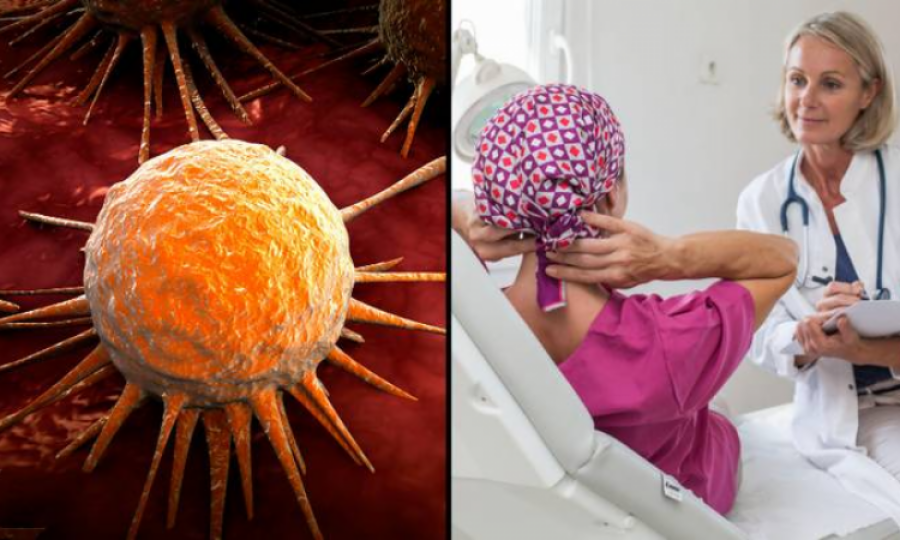New technology may be a breakthrough in cancer treatment

UNITED KINGDOM: Scientists are exploring the possibility of a new technology using LED light that could enable them to specifically target the cancer cells in the human body, minimising the side effects of prevalent treatments like chemotherapy and radiation.
At the University of East Anglia (UEA) in the United Kingdom, researchers are studying the feasibility of light- activated cancer treatments. This involves switching on LED lights embedded close to a tumor, which would then activate biotherapeutic drugs.
Scientists suggest that the new targeted treatment could be more effective than current state-of-the-art cancer treatments, and substantially reduce the amount of toxins in the body.
Drugs used in current cancer treatments have very little targeting. They manage to kill cancer cells but also damage healthy cells and cause a number of side effects. Associate professor at the UEA’s School of Chemistry and the principal scientist for the new study Amit Sachdeva says that selective targeting of the tumor cells is a major challenge in cancer therapy.
“Several antibodies and antibody fragments have been developed that bind to the cell surface receptors on cancer cells, deliver cytotoxic drugs, and mark cells for destruction by the immune system,” he said. “But the same cell surface receptors are present on healthy cells, thus these antibodies and antibody fragments cause side effects.”
To address this challenge, Sachdeva and his team have developed antibody fragments that are activated by light and form a covalent bond with the target receptors upon irradiation with light of a specific wavelength. “Light-dependent activation of antibodies near the tumor would ensure that the drug is activated at a specific site, so it would have fewer side effects,” he explained.
He added that light-mediated cancer therapy could be used for the treatment of solid tumors but not non-localised cancers such as leukemia. Experts say the research looks promising but treatment could be complicated and requires more study.
Advertisement
Trending
Popular
Aging: New study identifies key lifestyle, environmental factors ...
-
Hair loss: Discovery uncovers key stem ...
08:00 PM, 25 Feb, 2025 -
Broccoli sprout compound may help lower ...
11:31 AM, 25 Feb, 2025 -
Gas Pain vs. Heart Attack: How to tell ...
09:00 PM, 22 Feb, 2025 -
Coconut oil supplement shows promise ...
08:00 PM, 20 Feb, 2025



